BYD's Indian Factory Plans In Danger: Details
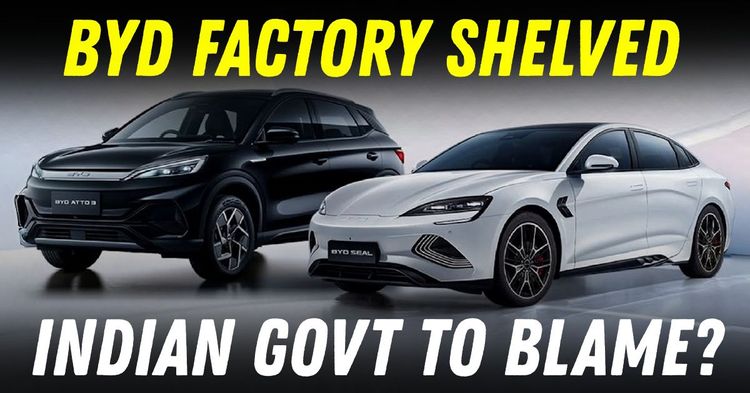

The Electric Vehicle (EV) juggernaut BYD has long had a noticeable presence in India, but without a manufacturing facility here. Recent reports suggested BYD to be scouting land near Hyderabad in Telangana for its factory. The EV giant has now dismissed these as mere rumours. The company clarified in an official statement on its WeChat account that the speculation about the $10 billion investment in Hyderabad is "untrue." This comes amid ongoing regulatory challenges that have hindered its expansion plans in India.
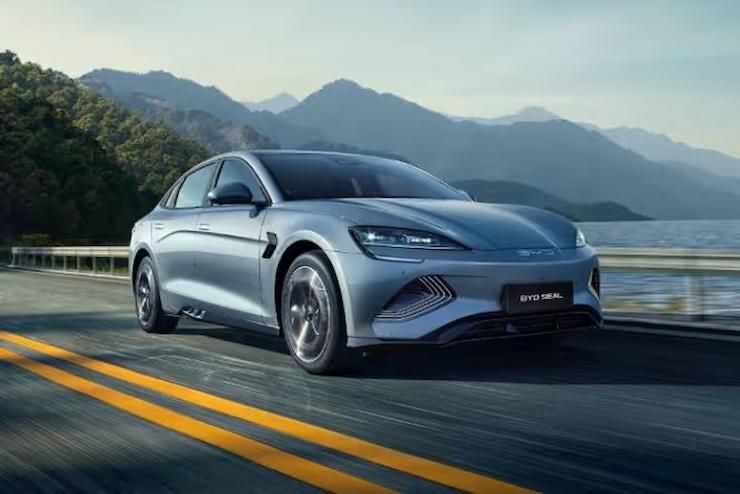
Recently, many, including us carried news about BYD being in advanced discussions with the Telangana government about setting up a production unit there. It was basis an exclusive by The Philox. According to the publication, Telangana had even identified three possible locations near Hyderabad for the factory, with officials pledging full support.
Reports further said that the manufacturer would acquire 500 acres for the factory which will have an annual production capacity of 600,000 units by 2032. The battery production unit- a part of the facility will likely produce 20 GWh. Having the BYD factory set up would have turned Hyderabad into a major electric vehicle manufacturing hub. The media report also claimed that the Telangana government has announced incentives to boost EV adoption in the state, valid till December 31, 2026.
For the past two years, BYD has explored setting up a domestic production unit to reduce costs and expand its market share. However, India’s regulatory stance on Chinese investments has created significant hurdles.
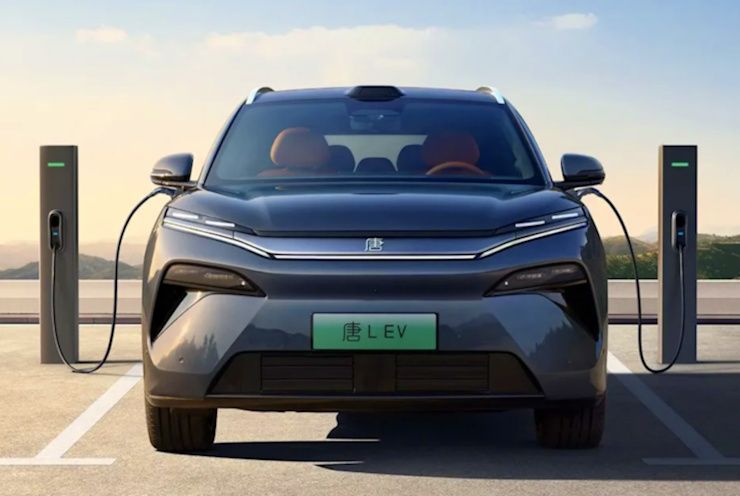
In 2023, the Indian government rejected a $1 billion investment proposal from BYD and its local partner, Megha Engineering and Infrastructures Ltd (MEIL). The proposed ₹8,200 crore facility in Telangana was under review by multiple ministries, including commerce, heavy industries, external affairs, and home affairs, before being declined. The rejection was widely seen as part of India’s cautious approach to Chinese investments due to geopolitical tensions.
In a nutshell, setting up the facility would have allowed BYD to price its products better and work towards capturing a 15% market share by 2028.
To start with, BYD's retails include both automotive (passenger and commercial) models and EV components. Many EV majors source their Blade batteries from BYD. A few popular examples would be the Mahindra Electric Origin SUVs- BE 6 and XEV 9e and the upcoming Maruti Suzuki e-Vitara.
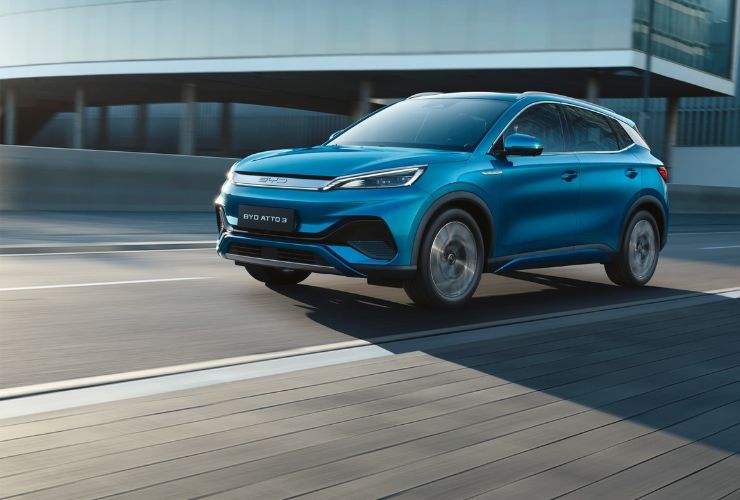
In the passenger vehicle (private and commercial) space, the company has models like the eMax 7, Atto 3, Sealion 7, and the Seal sedan on sale. All of these are imported as Completely Built Units (CBUs) and are thus taxed heavily. These high import duties reflect on the ex-showroom prices of these vehicles as well- making them sit in the luxury EV segment. This inflation in prices limits the competitive edge of these products to some extent.
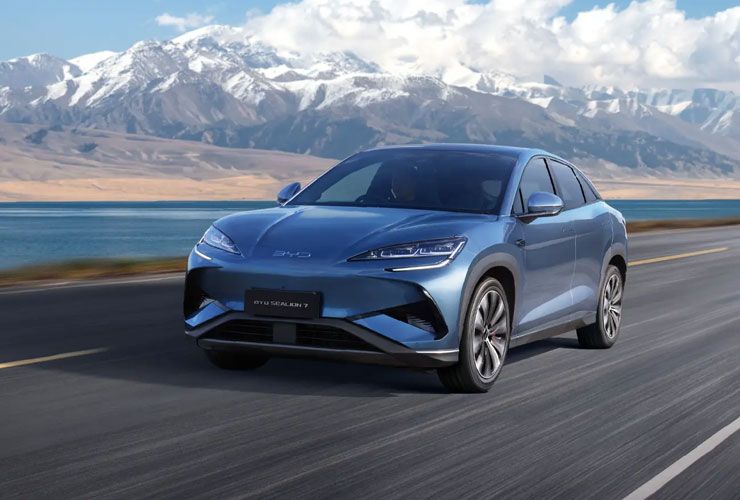
BYD's denial of the latest reports suggests that its manufacturing plans in India remain uncertain (for now). Without a local production base, the company will continue to face pricing disadvantages against domestic players like Tata Motors and Mahindra, which have already established strong footholds in the country's booming EV market. Unless regulatory barriers ease, BYD's ambitions in India could remain constrained, potentially forcing it to rethink its strategy for the region.
India's electric vehicle landscape is about to witness a major stir with Tesla's imminent market entry. Having a local manufacturing-backed price advantage would have helped BYD beat the American EV giant in domestic sales.